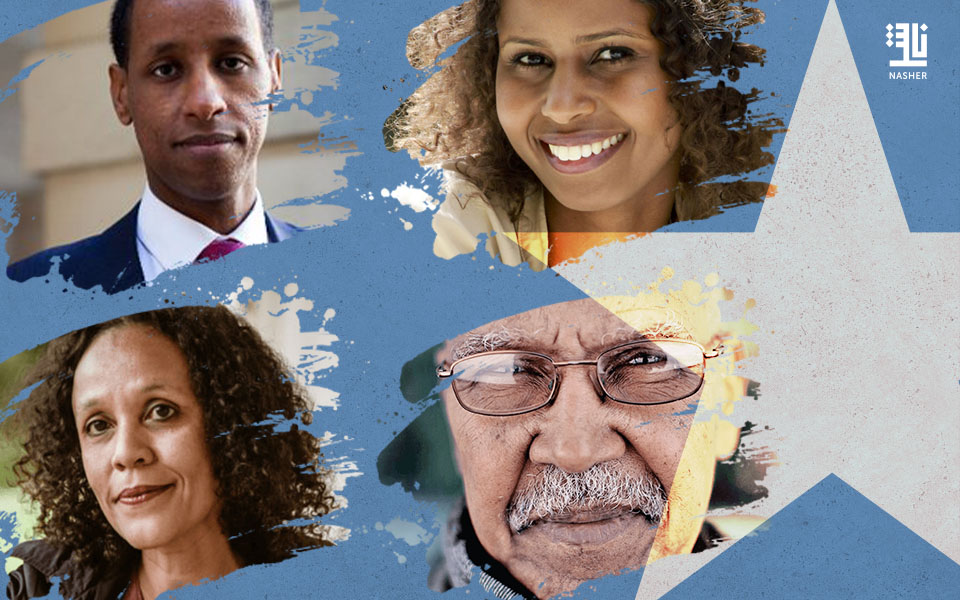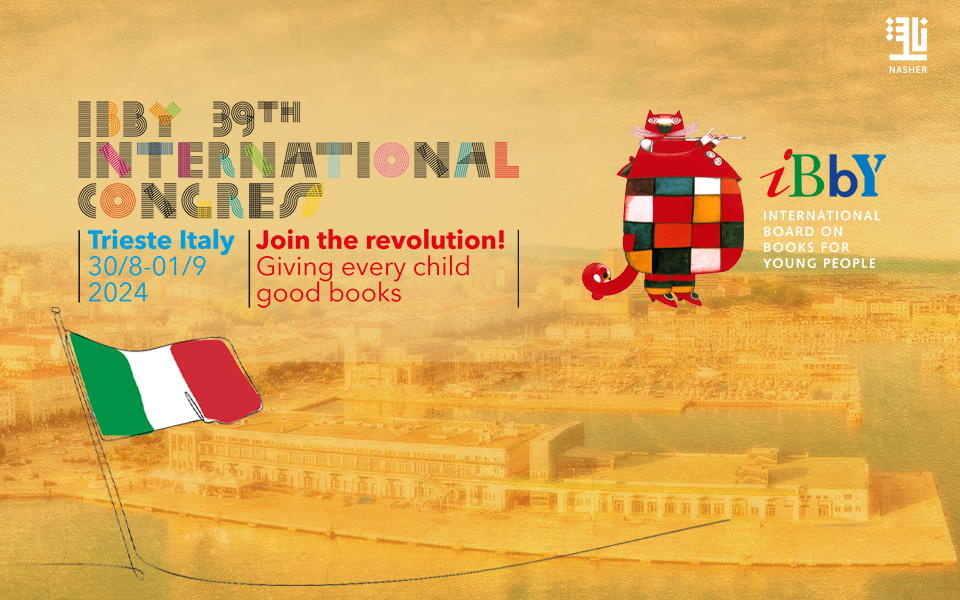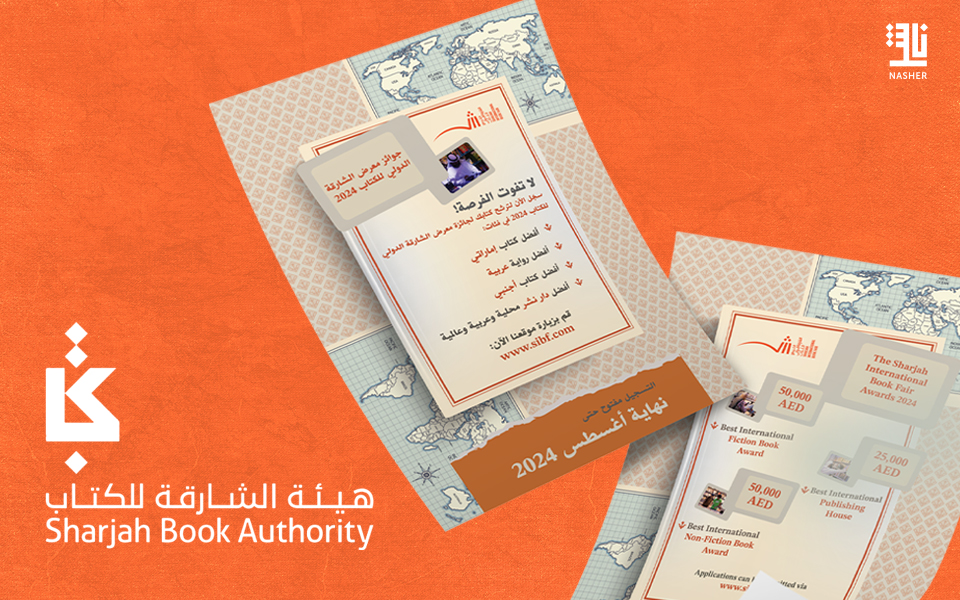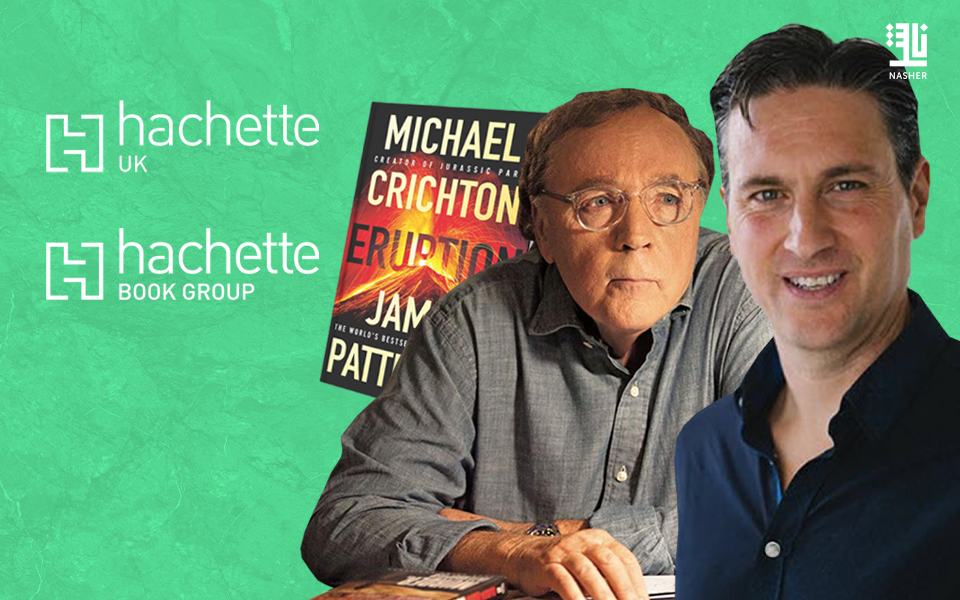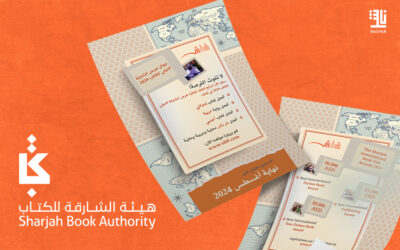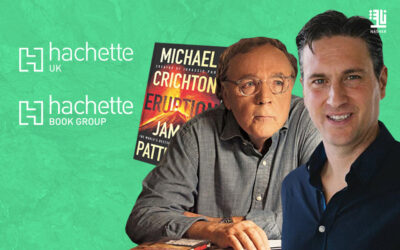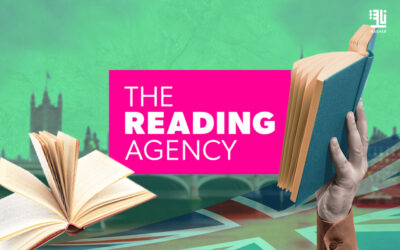Somalia is a country often associated with war and poverty and not many are aware of its rich culture and literature. In our continuous effort to explore writers and literature from all over the world, we have today landed in Somalia, giving you a brief taste of what Somali literature has to offer. Here are Five Somali authors you should know:
Ubah Cristina Ali Farah

Born in Verona, Italy, in 1973 to a Somalian father and an Italian mother. She grew up in Mogadishu and emigrated with her family due to the civil war in 1991. She attended an Italian school there until the Somalia Civil War broke out. Farah and her family subsequently relocated to Pécs, Hungary, but then later moved back to her birthplace, Verona, Italy. There, she obtained an Italian Lettere University degree at La Sapienza University in Rome.
Farah is a fiction writer, poet, playwright, translator, novelist, performer, teacher, and social activist. Her two novels, Madre Piccola [Little Mother] and Il Comandante del Fiume [The Commander of the River] tell stories of the Somali civil war and its refugees in Italy. In 2006, she was awarded the Lingua Madre National Literary Prize, and in 2008, the Vittorini Prize. She has a Ph.D. in African Studies from the University of Naples; currently, she lives in Brussels.
Nuruddin Farah

Somali writer who was known for his rich imagination and refreshing and often fortuitous use of his adopted language, English. He was widely considered the most significant Somali writer in any European language.
The son of a merchant and the well-known Somali poet Aleeli Faduma, Farah was educated in Ethiopia and at the colonial-era Institutio Magistrale in Mogadishu. Although his primary languages were Somali, Amharic, and Arabic, he also learned English and some Italian. His decision to write in English, chiefly a matter of the typewriter available to him, eventually gave him an international audience. After working for the Ministry of Education, he studied literature and philosophy at Panjab University in Chandigarh, India. There he wrote his first novel, From a Crooked Rib (1970) telling the story of a nomad girl who flees from an arranged marriage to a much older man. In his next novel, A Naked Needle (1976), Farah used a slight tale of interracial and cross-cultural love to reveal a lurid picture of postrevolutionary Somali life in the mid-1970s. He next wrote a trilogy—Sweet and Sour Milk (1979), Sardines (1981), and Close Sesame (1983)—about life under a particularly African dictatorship, in which ideological slogans barely disguise an almost surreal society and human ties have been severed by dread and terror.
He taught for a time in Europe, North America, and elsewhere in Africa, writing in 1998: “My novels are about states of exile; about women shivering in the cruel cold in a world ruled by men; about the commoner denied justice; about a torturer tortured by guilt, his own conscience; about a traitor betrayed.” Secrets, the third novel of his second trilogy—which includes the novels Maps (1986) and Gifts (1992)—was published in 1998. Links (2003), Knots (2006), and Crossbones (2011) constitute another trilogy. Farah’s other novels included North of Dawn (2018). For his thoughts about his country at the turn of the new millennium. On a tour of Europe following the publication of A Naked Needle, Farah was warned that the Somali government planned to arrest him over its contents. Rather than return and face imprisonment, Farah began a self-imposed exile that would last for 22 years, during which time he taught in the United States, Germany, Italy, Sweden, Sudan, India, and Nigeria.
Besides literature, Farah is an important scholar within Somali Studies. He serves on the International Advisory Board of Bildhaan: An International Journal of Somali Studies, published by Macalester College.
Nadifa Mohamed
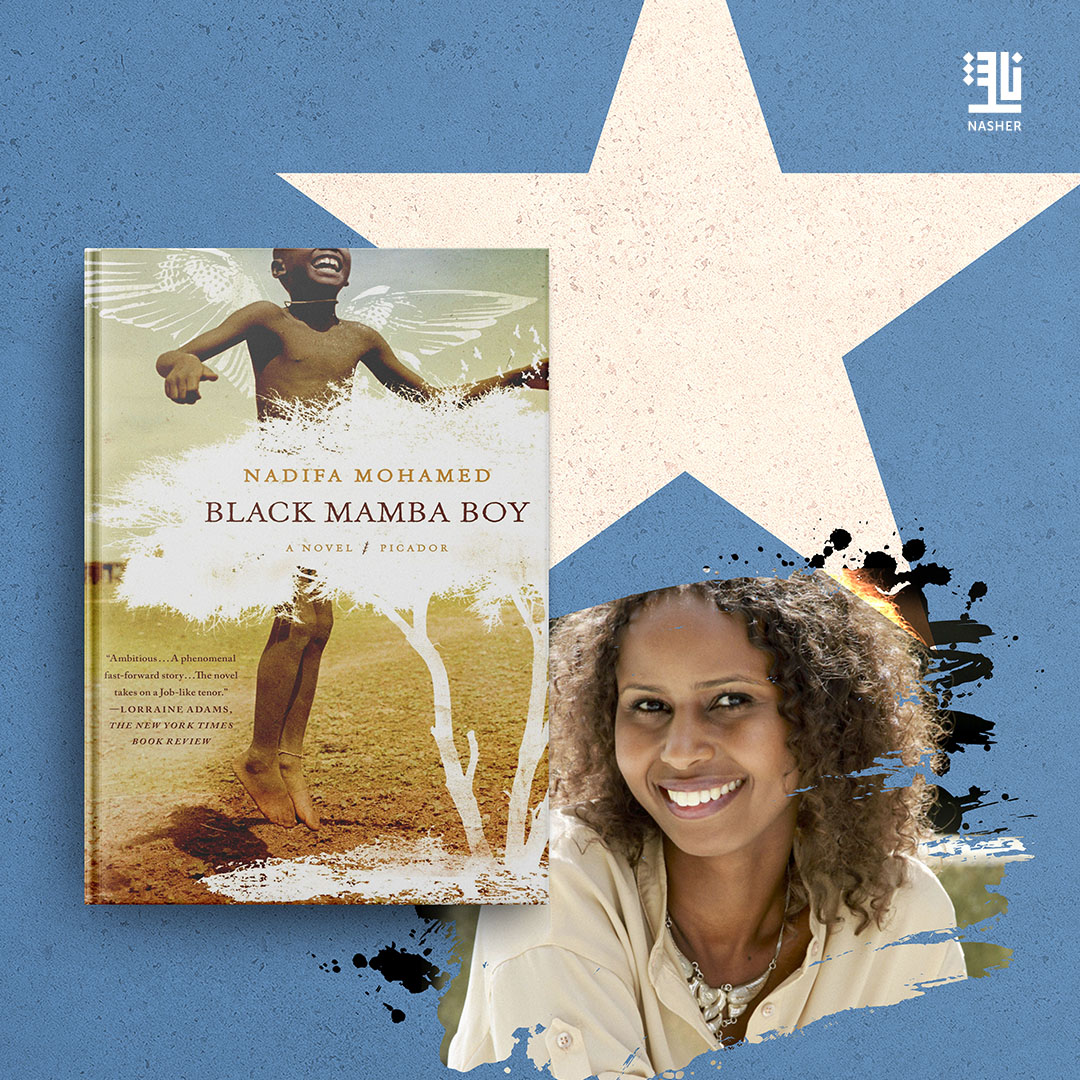
Nadifa Mohamed was born in Hargeisa (now in the Republic of Somaliland) in 1981 and moved as a child to England in 1986, staying permanently when war broke out in Somalia.
She lives in London and her first novel, Black Mamba Boy, based on her father’s memories of his travels in the 1930s, was published in 2010. It was longlisted for the Orange Prize for Fiction and the Dylan Thomas Prize and shortlisted for the John Llewellyn-Rhys Memorial Prize and the Guardian First Book Award.
The novel tells the story of Jama, a Somali boy who we meet living in Aden with his mother in 1935. Somalis are seen to be outsiders in the Arab community; soon Jama’s mother dies, impelling him to leave for Somaliland in search of his father. This sets the tone for a story of uprooting and transient friendships: after he learns of his father’s death Jama must constantly move on in order to simply survive. His journey takes him through Abyssinia, Eritrea, and Sudan to Egypt; finally obtaining a passport, he travels to Britain. His very unexotic and temporary home is then Port Talbot in South Wales, before, as the novel closes, we see him leaving for Gerset in Eritrea, to join his wife and child. The novel is narrated in the third person, after beginning with the voice of Jama’s daughter in London in 2008.
Mohamed’s second novel, The Orchard of Lost Souls, set in Somalia on the eve of the civil war, won the Somerset Maugham Award and was longlisted for the Dylan Thomas Prize. She is one of Granta’s 2013 Best of Young British Novelists and was elected as a Fellow of the Royal Society of Literature in 2018. In June 2018 Mohamed was elected Fellow of the Royal Society of Literature in its “40 Under 40” initiative.
Hashi Mohamed
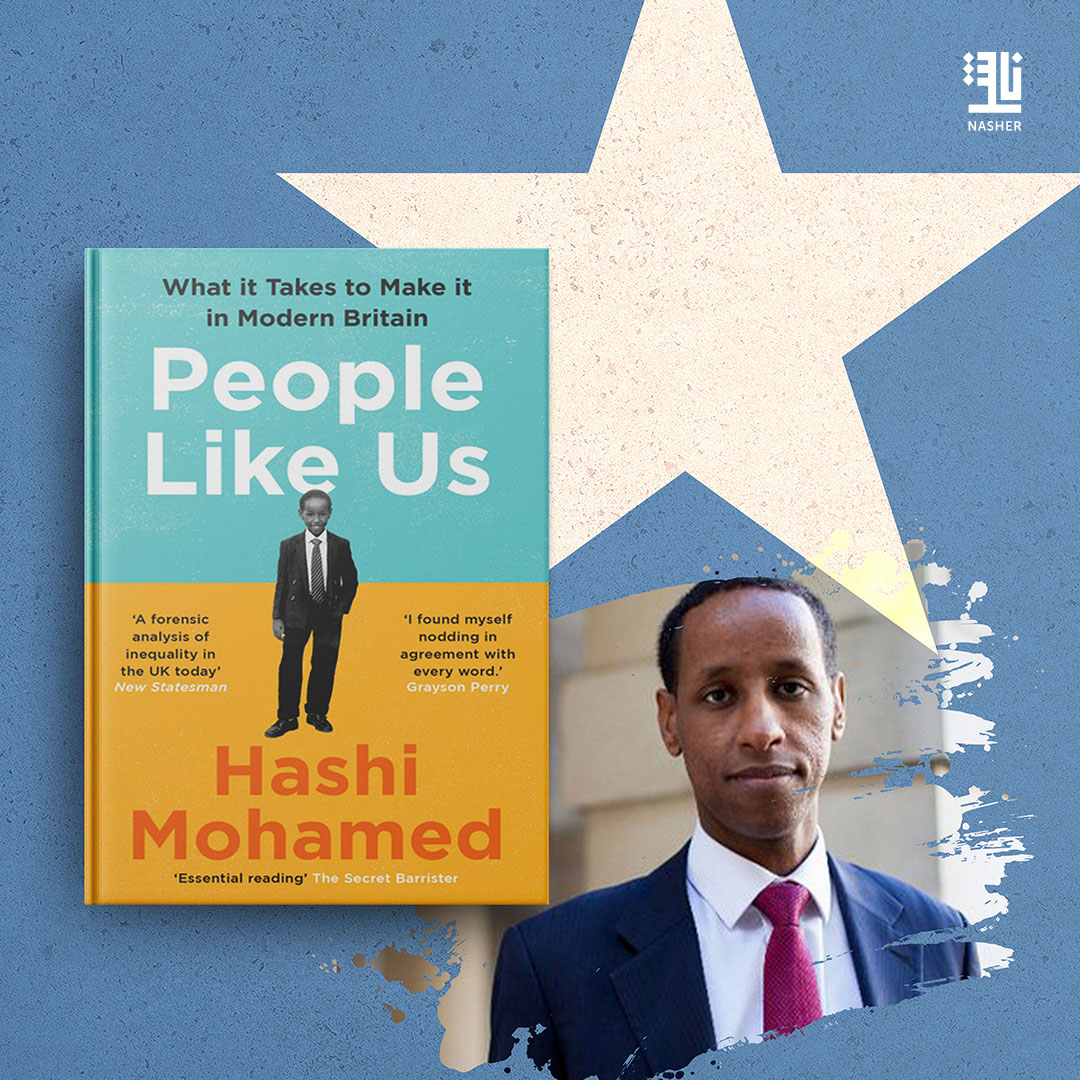
Mohamed is a Somali who was born in Kenya, where he lived in a rundown part of Nairobi with his four siblings (another having died), his mother (who also had six children from a previous marriage) and his traveling salesman father. When his father died in a car accident in 1993, Mohamed and three of his siblings were sent to England as refugees.
They lived with an aunt and then in various low-rent housing, some of it rat-infested, and were eventually reunited with their mother. A confused and alienated boy, he spent most of his teen years in a state of geographical and psychological dislocation. He went to a struggling comprehensive in northwest London where the headteacher was beaten up and laughed at, but he eventually managed to get a place at the University of Hertfordshire to study law and French. From there he was awarded a postgraduate scholarship to Oxford, gained a position at No5 Chambers, noted experts in planning law, became a successful barrister, an accomplished public speaker, and a broadcaster.
His book, People Like Us, is a memoir. The subtitle of the book is What It Takes to Make It in Modern Britain, which sounds like a how-to guide to success. In a sense, it is, as Mohamed proffers advice from his own experience. But it’s also a rather ambitious and far-ranging attempt to rethink the whole stalled project of social mobility.
Waris Dirie
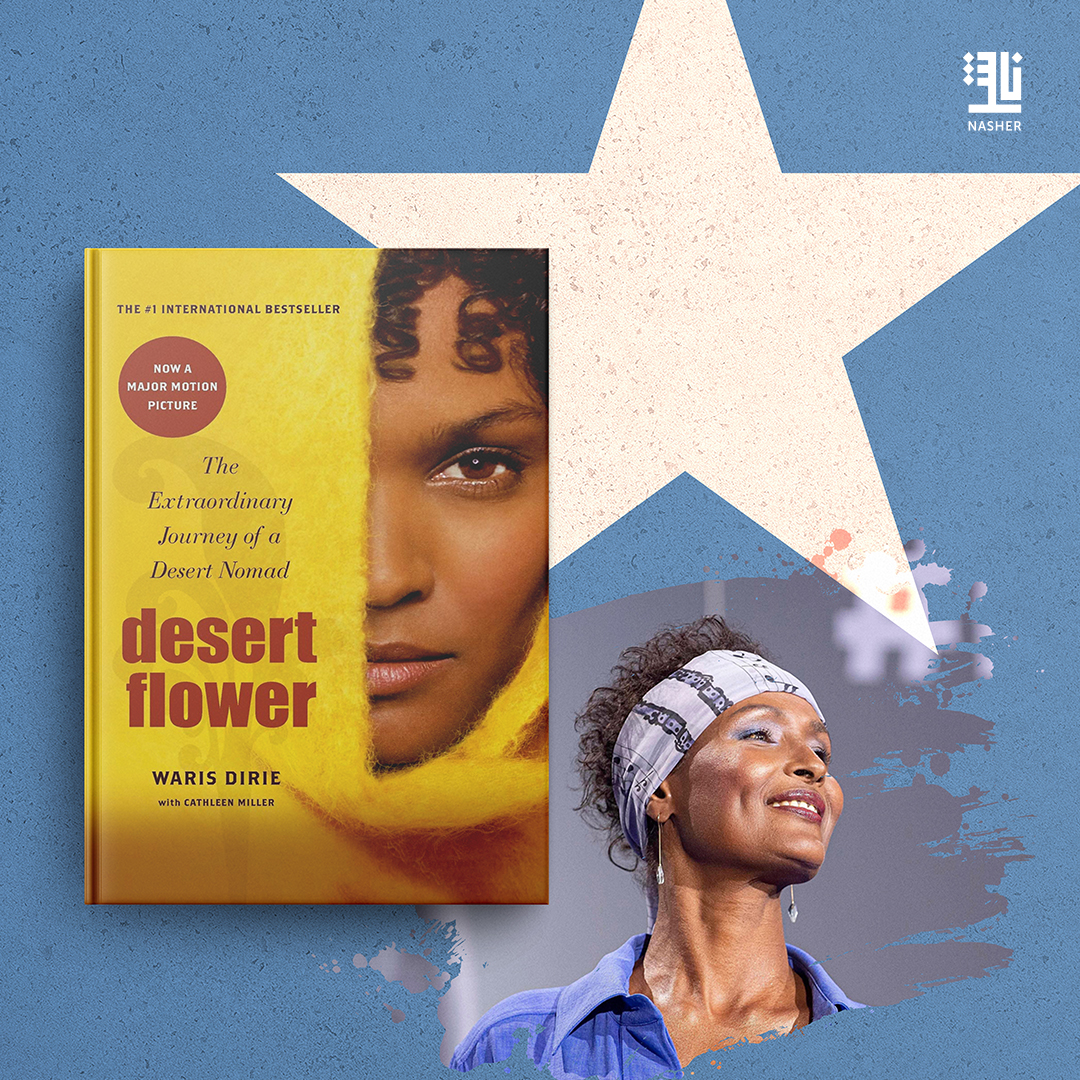
Born in 1965, Waris Dirie is a Somali model, author, actress, and human rights, activist. From 1997 to 2003, she was a UN special ambassador against female genital mutilation and in 2002 she founded her own organization in Vienna, the Desert Flower Foundation, which works to educate and inform people worldwide, to support women affected by FGM, and to save girls from this crucial practice.
At the of 18, Dirie, was by chance discovered by photographer Mike Goss, as she stood waiting for her discharge outside of his daughter’s school. Although a lot of modeling agencies at that time claimed there was ‘no call for black models, Dirie’s modeling career took off, with the help of Goss, and she soon became a successful model, appearing in advertisements for top brands such as Chanel, Levi’s, L’Oréal and Revlon.
In 1998, Dirie coauthored her first book along with nonfiction author Cathleen Miller, Desert Flower, an autobiography that went on to become an international bestseller. Over 11 million copies have been sold worldwide to date, and 3 million in Germany alone. The book was also made into a film. She later released other successful books including Desert Dawn, Letter to My Mother and Desert Children, the latter of which was launched in tandem with a European campaign against FGM. And in 2010, Dirie was appointed Ambassador of Peace and Security in Africa by the African Union.

